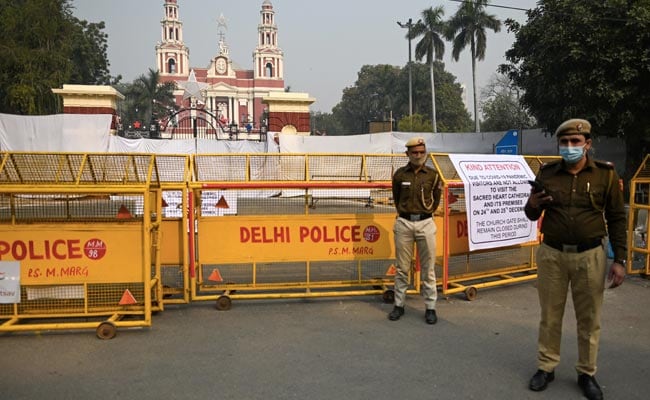The Indian aviation watchdog has introduced new safety measures for Boeing 737 aircraft after concerns over the potential risks with its rudder control systems. An aircraft rudder is a primary tool that controls the movement of the jet.
The Directorate General of Civil Aviation (DGCA) has asked airlines operating Boeing 737 aircraft to conduct safety risk assessments and cease some types of instrument landing.
“All flight crews are to be informed through a circular/advisory regarding the possibility of a Jammed or restricted Rudder control system. Appropriate mitigations must be communicated,” DGCA said in a statement.
Pilots must be trained to recognise and handle this issue, and some advanced landing techniques will be temporarily stopped, as part of the safety measures.
The safety measures will affect auto-landing operations, especially during winter when low-visibility landings are more common. No landings in low visibility/fog or poor weather will be possible until the issue is resolved.
This directly impacts Air India Express, Akasa, SpiceJet, and the Indian Air Force which operate different variants of the Boeing 737 jetliner.
Boeing 737 is a legacy aircraft widely operated in India. It is part of the VIP squadron and even the Prime Minister and the President fly on it.
The DGCA statement said it has taken into cognizance of a report by the US National Transportation Safety Board that highlighted safety concerns involving Boeing 737 airplanes equipped with a certain type of rudder control system.
The NTSB had Thursday issued safety recommendations about the potential risk of jammed rudder controls on some 737 aircraft. The report followed a February incident in which rudder pedals were jammed in the neutral position on a 737 Max 8 aircraft while landing in Newark. There were no injuries.
Boeing is yet to comment on the report.


















